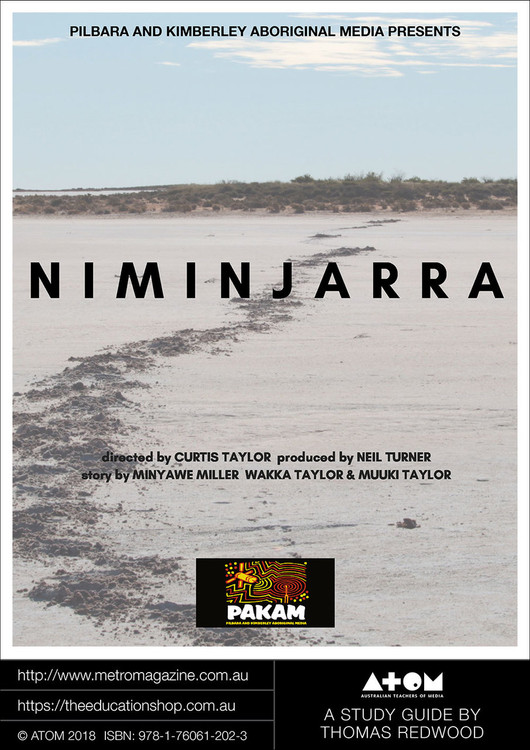Disgrace is based on J.M. Coetzees 1999 Booker prize-winning novel of the same name. The novel, set in post-apartheid South Africa, struck a chord around the world as a powerful work dealing with complex characters, emotions and sexual encounters. The film is a faithful adaptation of the novel, portraying the beauty and power of the natural world as it reveals the moral complexities of peoples lives in a country where the balance of power is shifting in both the private and public sphere. Disgrace tells the story of one mans downfall to reflect wider issues in a society. The production team, including the screenwriter, Anna-Maria Monticelli, director Steve Jacobs, cinematographer Steve Arnold and a uniformly strong cast led by John Malkovich as David Lurie have created a film that is exceptional in its fidelity to the text and refusal to offer simple moral perspectives.
While Disgrace can stand alone and provide a rich and complex experience for an audience, it also offers a fascinating example of the process of adaptation from book to screen. For students studying either postcolonial literature and/or the process of adaptation, this film has a great deal to offer.
It would be suitable for senior secondary students and tertiary students of literature; contemporary history and politics; post-colonial studies; and film studies. The film, like the novel on which it is based, makes demands on an audience and refuses to offer simple or satisfying solutions to the issues it deals with.
Familiarity with the novel would enrich the way students read this film but it is by no means essential. Like all good films, Disgrace has its own strengths and approach to portraying both people and place; gestures, attitudes and body language are as eloquent as the dialogue.
This guide provides some brief background information about apartheid and recent South African history to offer some context for what takes place in the film. For some students, this may not be necessary as they may already have studied and understood some of the complex political, racial, economic and social history underpinning the story.
Ideas about collective guilt and responsibility as they are explored in this film do not just relate to South Africa. In Australia, for generations, there was resistance from both governments and white Australians to the idea of apologising to indigenous Australians for what had happened to them since white settlement. It was only in 2008 that the newly elected Labor Government made a formal apology to Aboriginal Australians on behalf of white Australians. This has not however made the past go away and, as in South Africa, there remains a legacy of bitterness, anger and mistrust between people. Past practices have resulted in poverty and inequality which will take generations to ameliorate.
 Quick Shop
Quick Shop